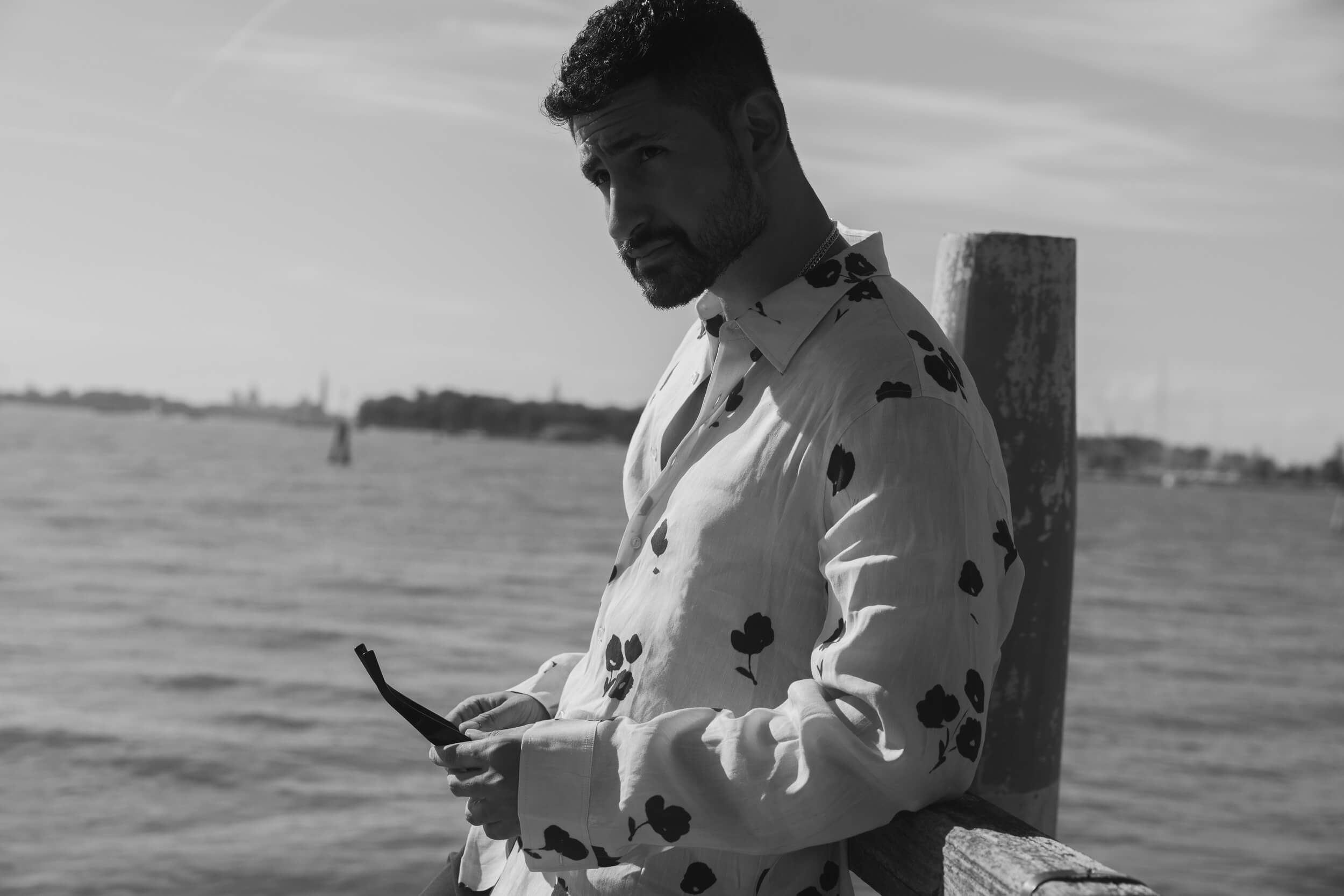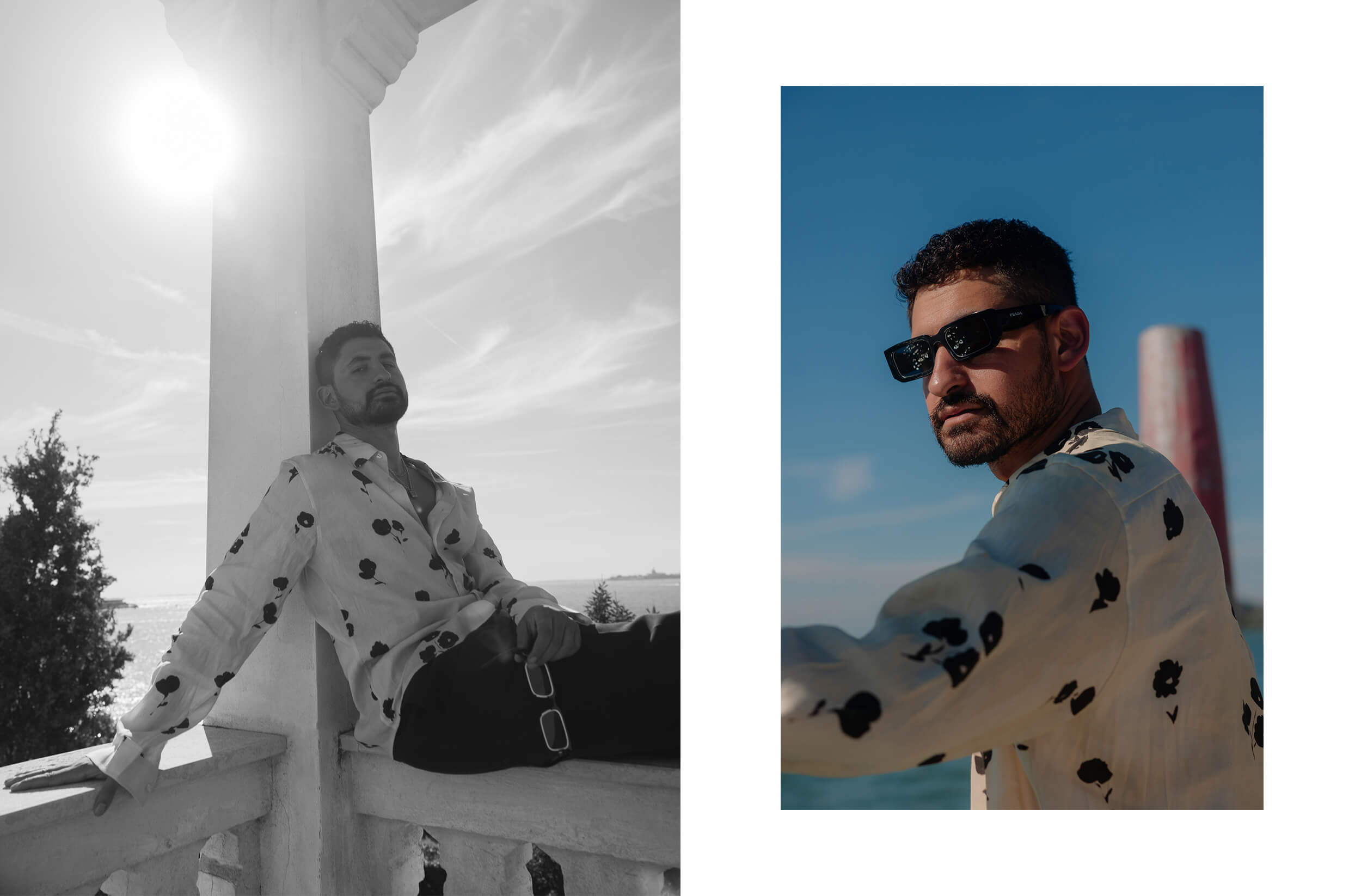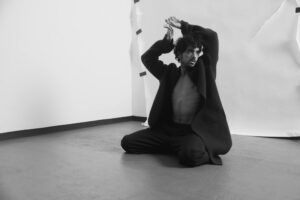There’s a kind of magic in watching an actor navigate a world that’s at once surreal, funny, and surprisingly grounded – this is exactly what Amir El-Masry does in “100 Nights of Hero” by Julia Jackman. Playing Jerome, the character whose seemingly small actions spark a whirlwind of chaos, Amir dives into a story that’s as much about human flaws and fragile egos as it is about daring, gender-bending subversion.
During our chat right in the middle of the Venice Film Festival, he moves effortlessly between the thrill of working with a bold, female-led team, the challenge of finding truth in a fantastical, heightened world, and the joys of discovering new facets of himself as an actor. What emerges is a person fascinated by humanity in all its contradictions – playful, thoughtful, and never afraid to let a little chaos in.
Amir will next be seen in powerful biopic “Giant” where he stars as the British-Yemeni boxer “Prince” Naseem Hamed. The film also stars Pierce Brosnan as Brendan Ingle, directed by Rowan Athale and executive produced by Sylvester Stallone. The film will have its world premiere at London Film Festival and release in January 2026.
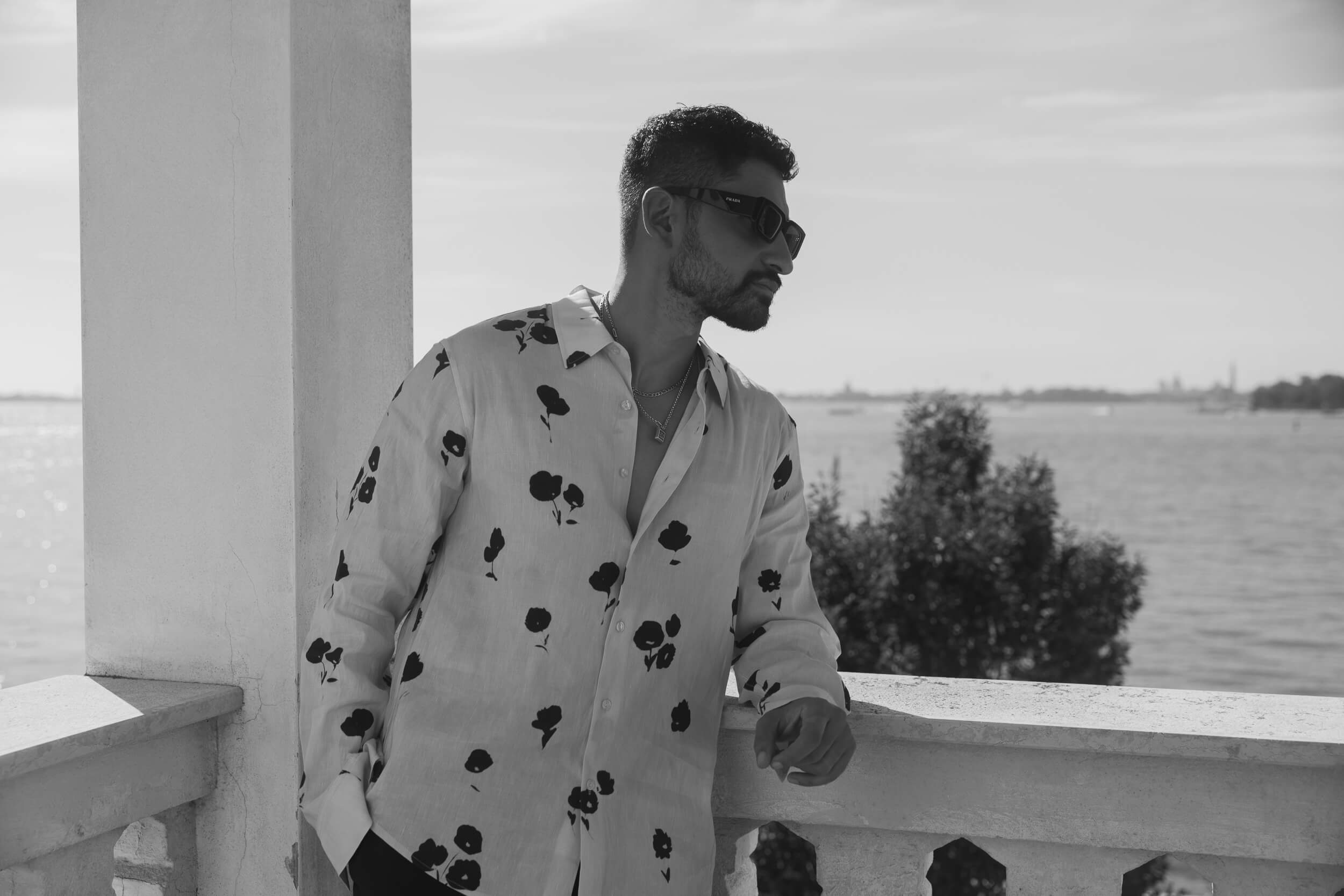
What’s your first cinema memory?
This is a beautiful question!
When I was a kid, I used to love going to the cinema, to my local cinema around the corner to our house. My first memory is watching “Babe: Pig in the City” [laughs]. I also remember “Beethoven”, “Toy Story”, and “Titanic”. I was way too young to watch “Titanic” in the cinema, but you can get away with a lot in Egypt. I would spend my summers in Egypt with my family, and I probably watched “Titanic” over 20 times. I don’t know why there was this phase in the ‘90s where people were religiously watching “Titanic”.
Over the course of the next 30 years or so, I think my palate got cleansed, let’s say, and I started watching films that maybe are more relatable to the everyday man.
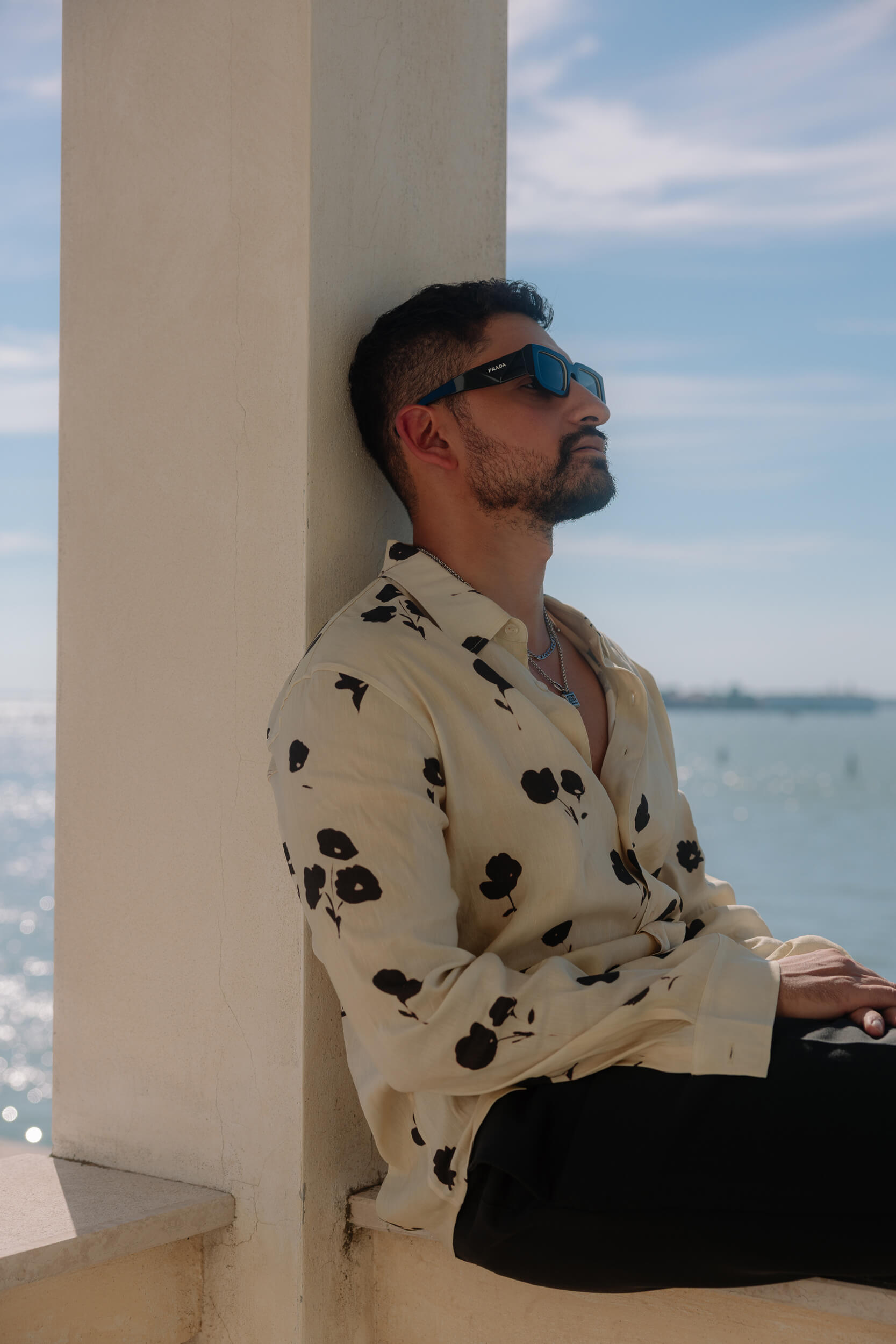
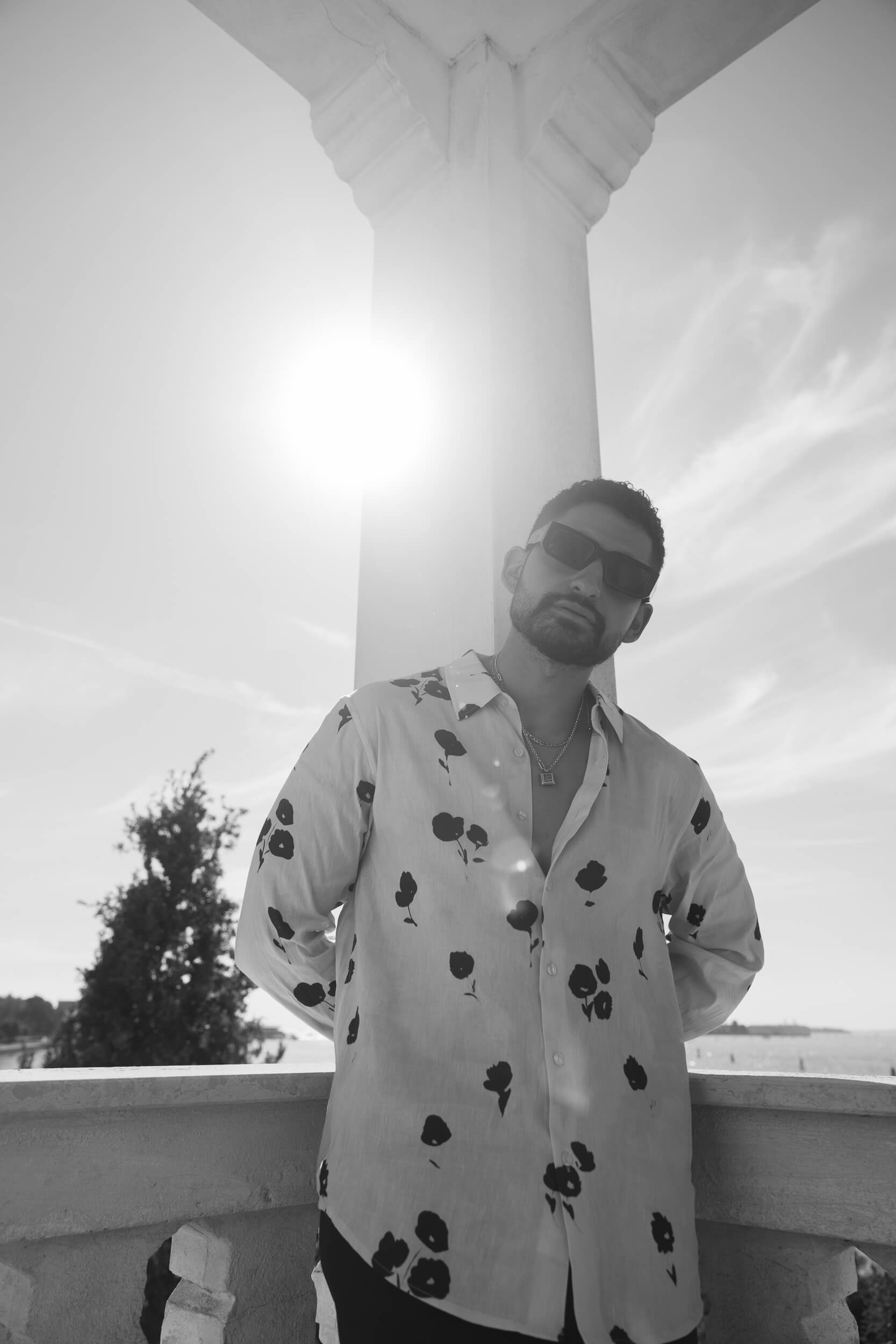
Yeah, this story reimagines patriarchal power in a very subversive way. How did you approach stepping into a role that reflects those themes?
Honestly, it helps being with filmmakers who are literally on the right side of history. Julia stands for everything I stand for as well, as a human being, first and foremost, but also as an artist. When you’re in a room with people who have the same morals as you, it makes those conversations a little easier. When we were filming this, what was going on in Gaza was still very heightened, and she managed to put a lot of things in perspective in the way we were tackling the film itself, as well.
It’s interesting because we all come from different backgrounds, but the humanity was very much shared in that space.
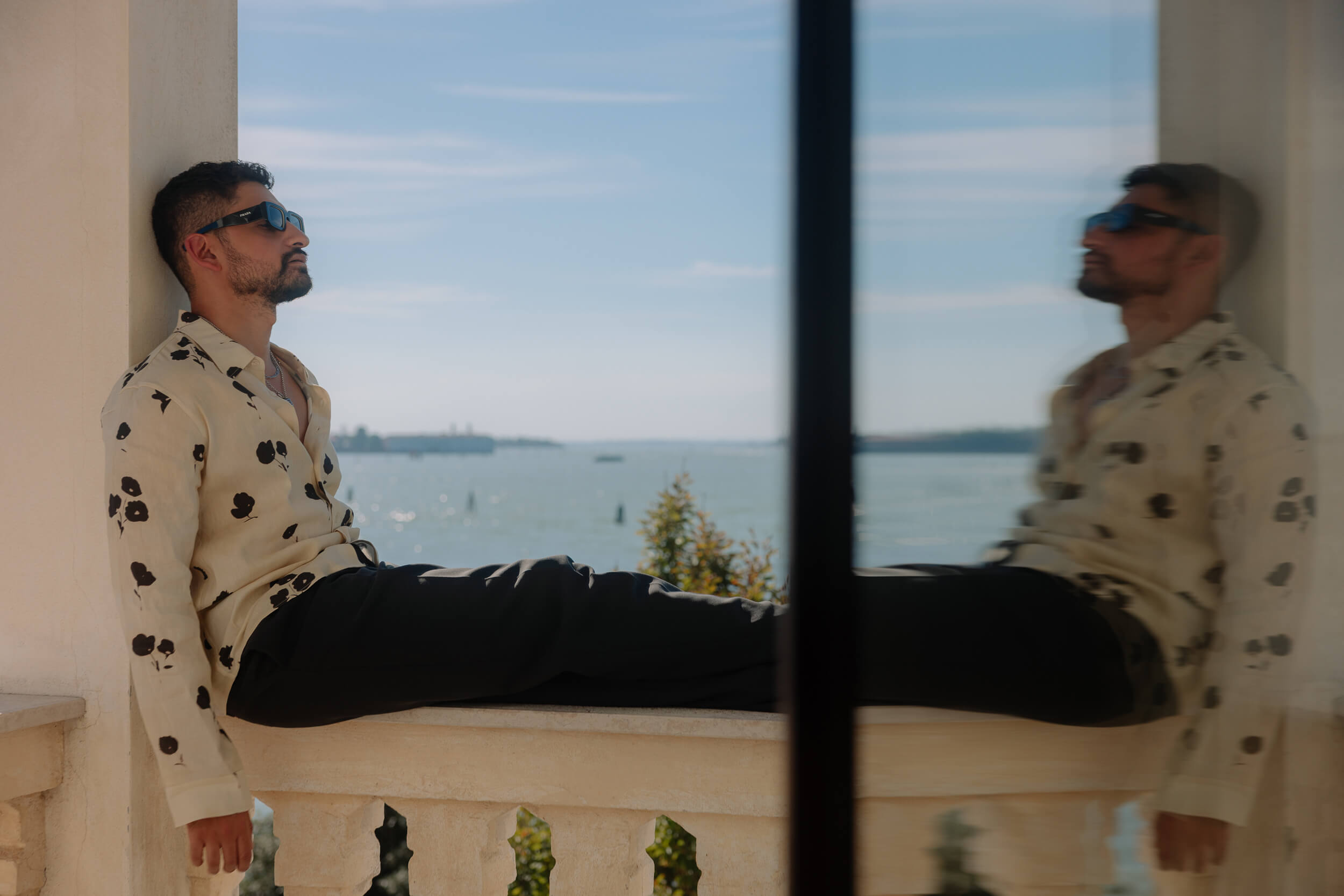
“When you’re in a room with people who have the same morals as you, it makes those conversations a little easier.”
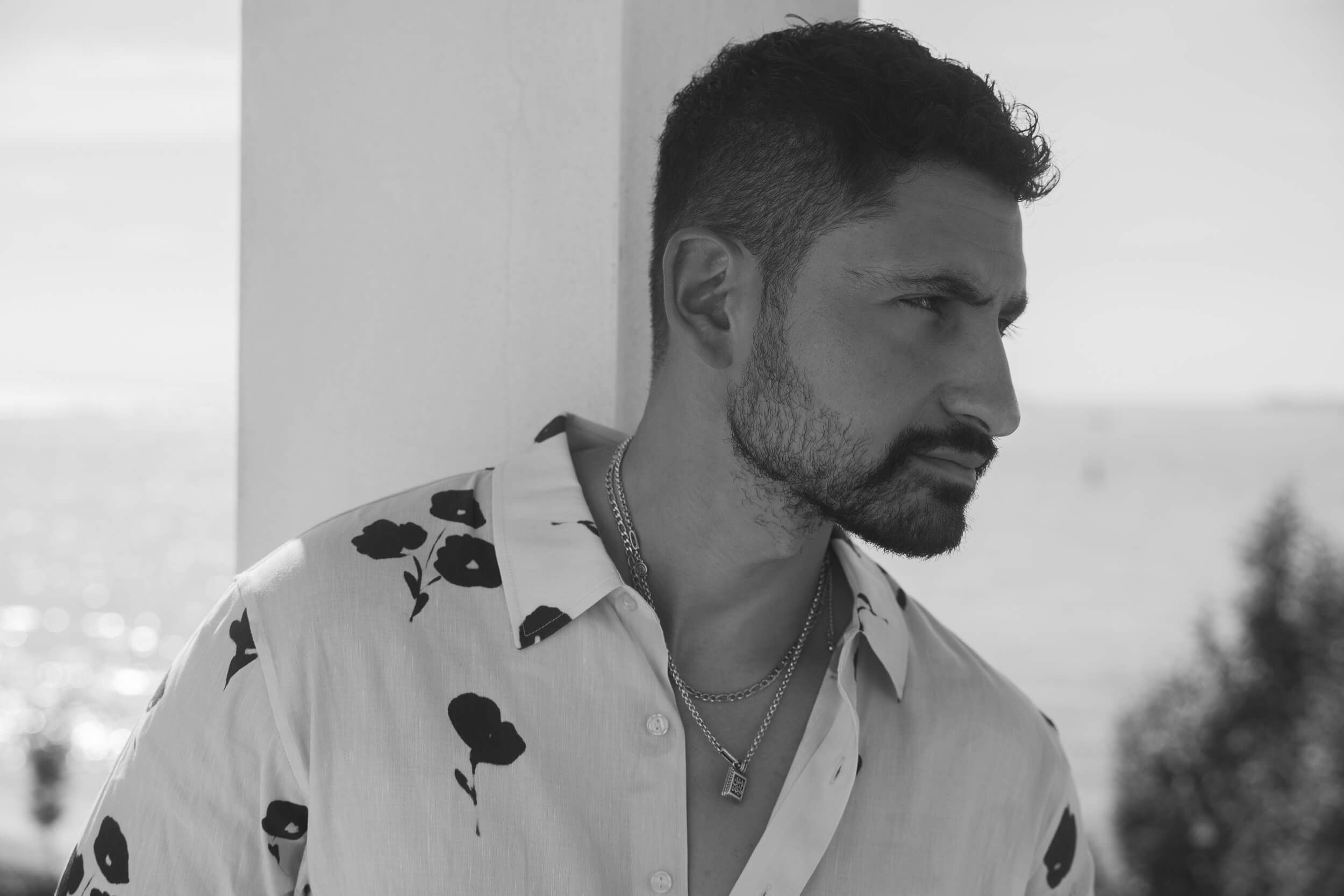
The story is set in a very surreal, heightened world. Did you feel freer as an actor working in such a mythic context, or did it make the performance more demanding?
I think it didn’t have a direct effect on my thinking. The reason why I wanted to do the project was partly the original story and the scripts, but also the filmmaker. I was led by a whole female crew, the DOP, the directors, the producers, and you can feel that energy on set. From that perspective, I relished that opportunity because you see a completely different energy shift. The set was way more cohesive than I have experienced in similar budgets in the past, everybody worked together and also beyond their confined roles.
Whenever I pick projects, the team is more important than the script for me because the script can be good, but the team can maybe put you off.
It was a new challenge to be involved in the fantastical setting, but I always approach those roles the same way I approach anything else. I just look at the basis: my character is a guy who’s unhappy in his marriage – is it because he is not attracted to girls, or is he asexual, does he really understand the gravity of the situation if he doesn’t conceive a child? These are things that happen or have happened, so when you take away the magic, it’s just a very grounded story.
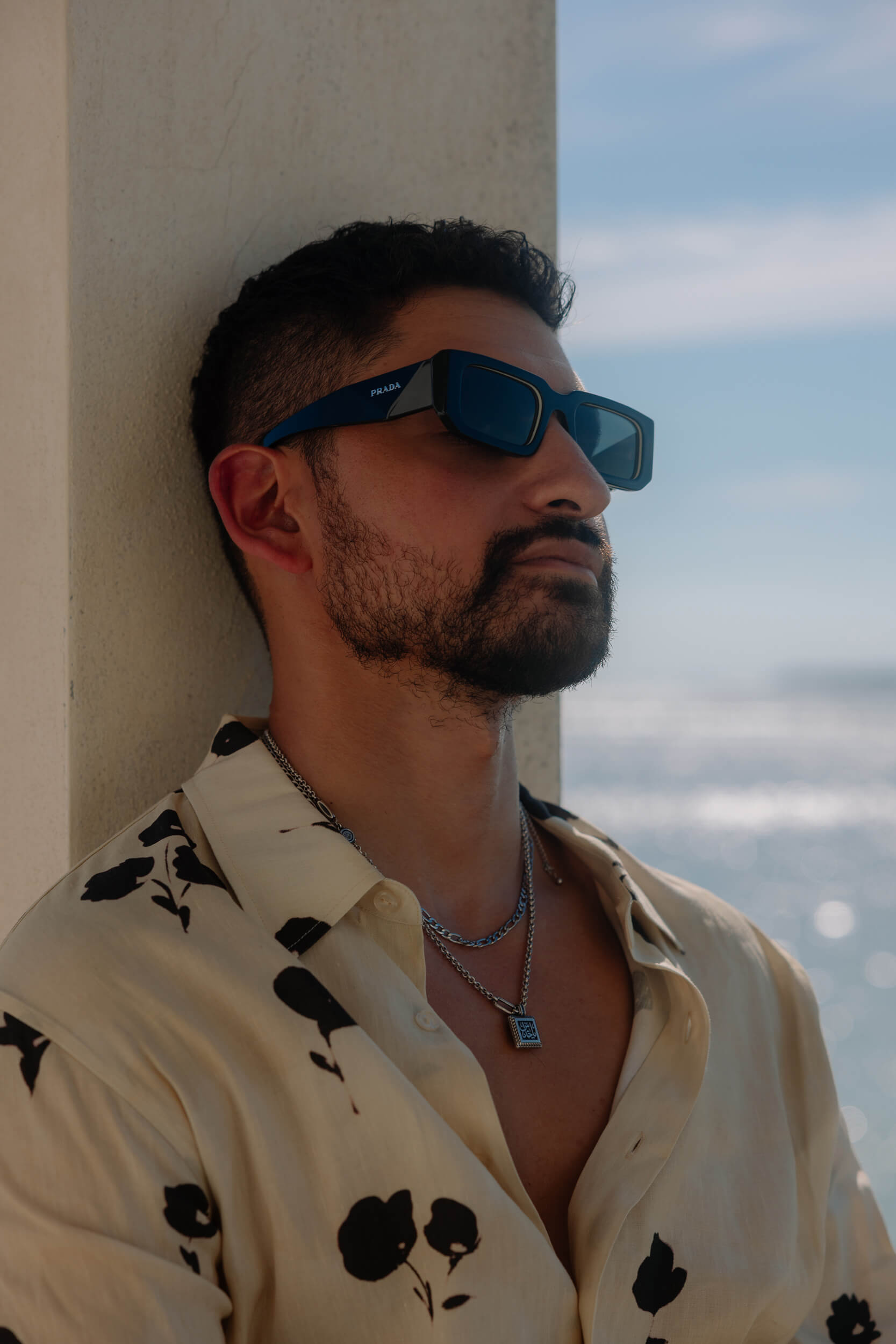
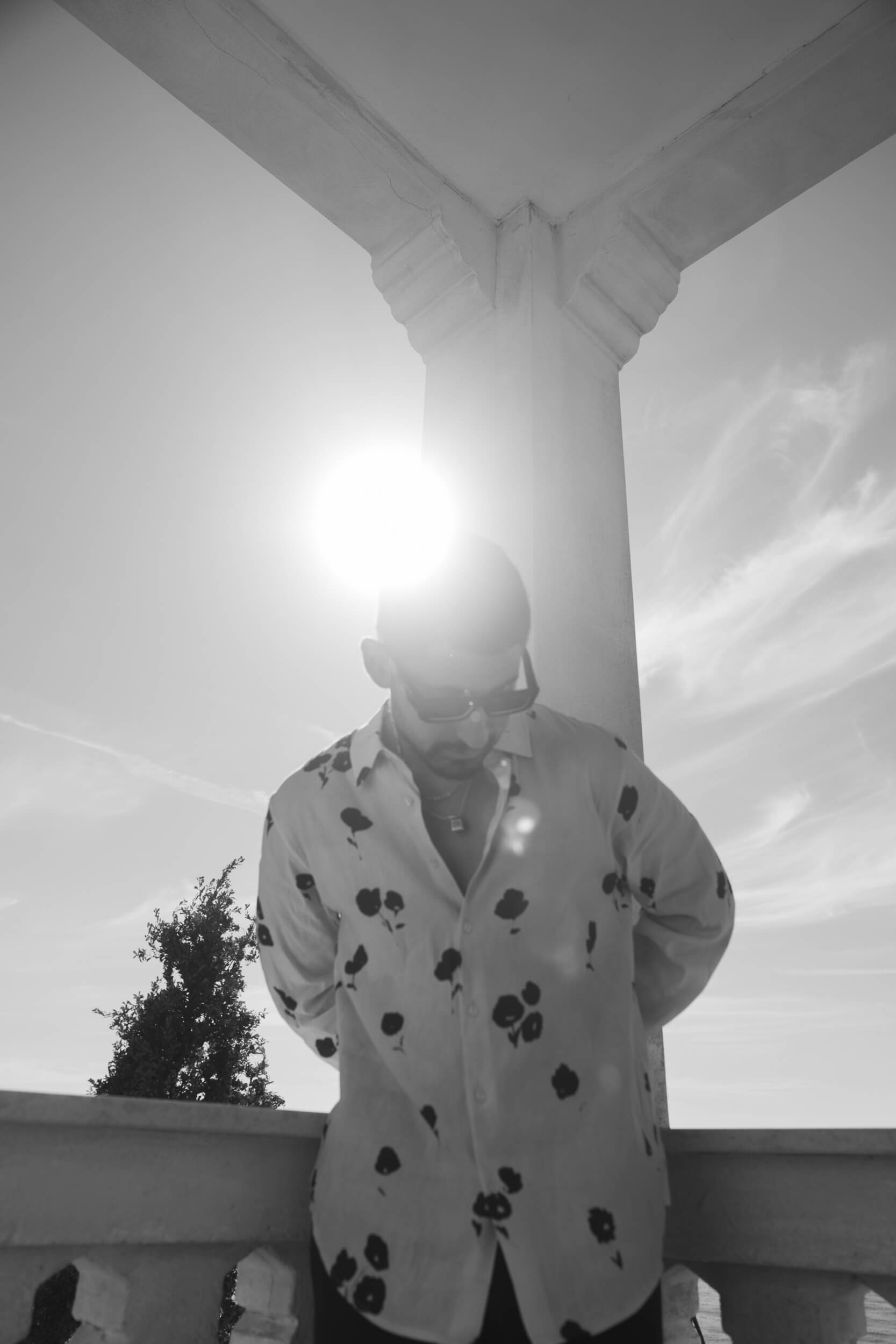
Julia Jackman’s storytelling is bold, queer, and playful. Did her directing push you in new directions or challenge you in any way?
She’s very smart in the way she directs because she’s very subtle. She always goes for lightness, which is not an instinct I necessarily had. There’s the opening scene where the bet happens: the way I envisioned it was these two men sitting opposite each other in the way that men do, holding cigars and staring each other down, while Julia wanted to use the space a lot more. She asked, “Can you guys find your way onto the floor, eventually?” because for her, it’s more about the physical comedy. So, to use my body in those scenes was incredibly effective from a visual perspective in a way that I had never thought of.
Julia’s approach felt distinct from other filmmakers I’ve worked with. Instead of leaning purely on clowning, she encouraged a balance, a kind of subtle clowning, almost in the spirit of Commedia dell’Arte, where humour is drawn from action, combined with the realism of truthful acting. It’s a delicate balance, and tonally it works perfectly for this film.
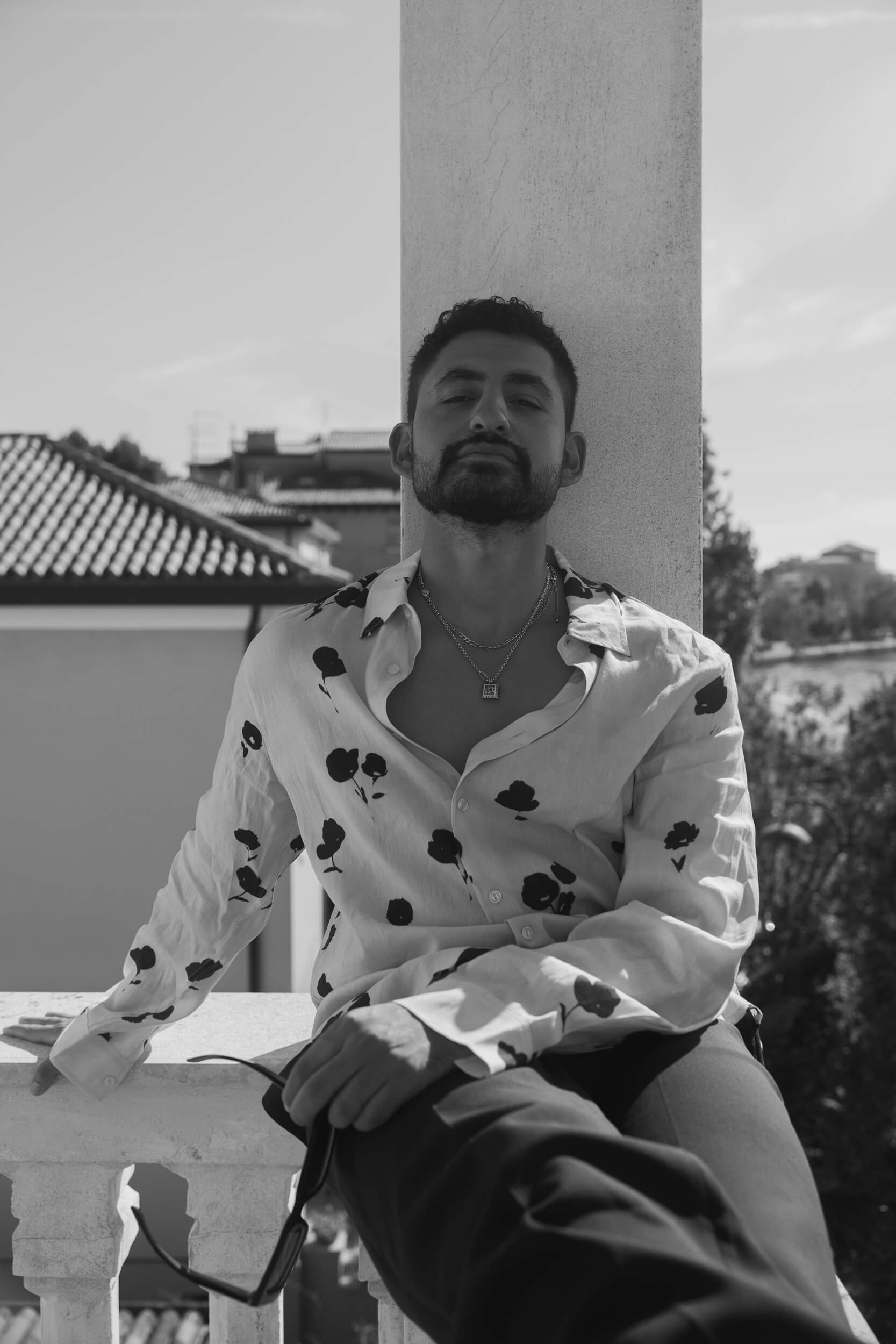
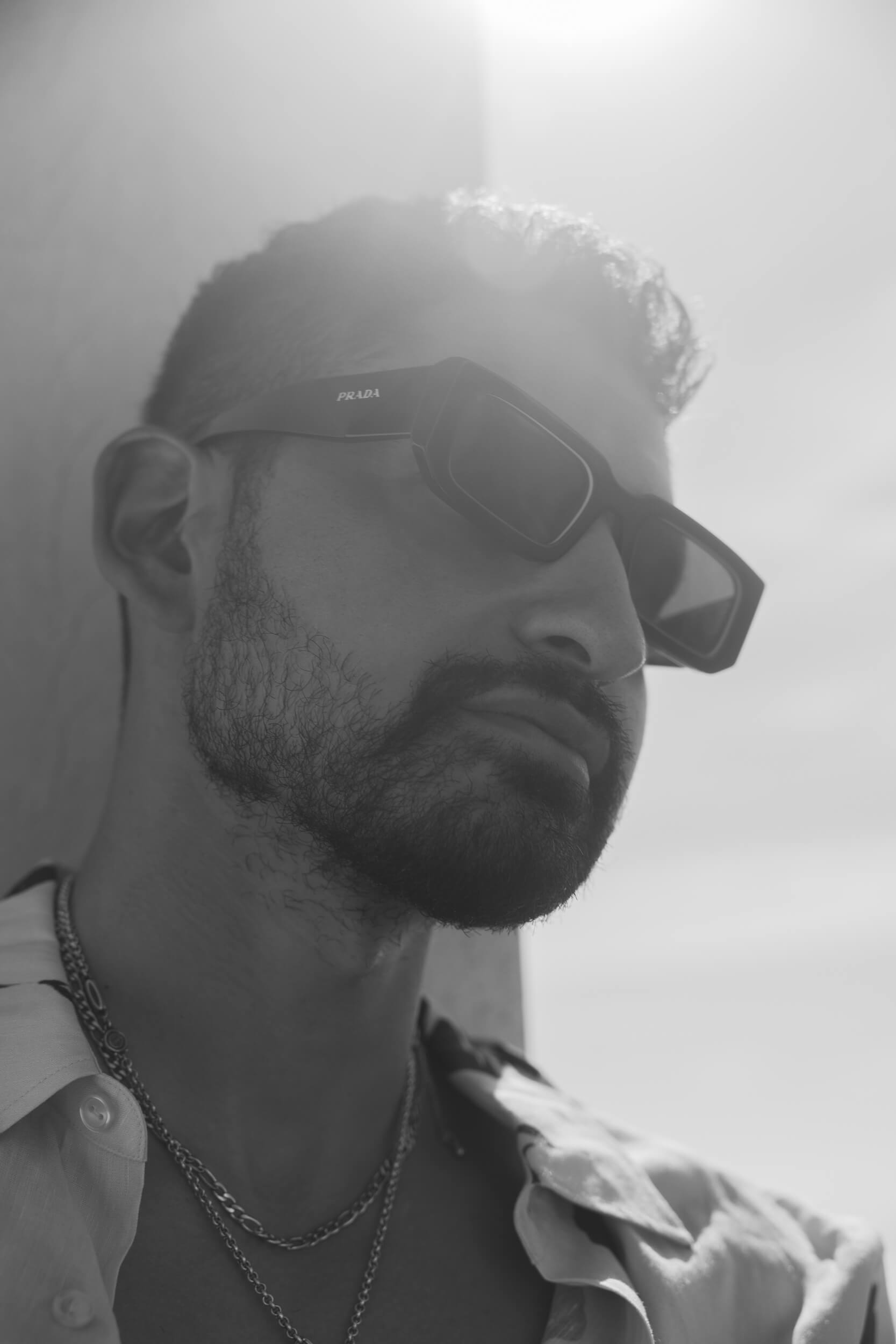
Going back to your character, if Jerome could somehow listen to the stories Hero tells during those hundred nights, do you think he would change his attitude and beliefs, or do you think he would be incapable of that transformation?
I think in that period there would be a lot to risk if he was to open up and be more attuned to his actual real feelings. I think people harbour a lot, and I’m aware that this happens still to this day, there are a lot of people who are probably harbouring a lot of emotions and mixed feelings that they can’t publicly express because they might be shunned. That would be really prevalent in someone like Jerome, I don’t think he has the guts to rebel.
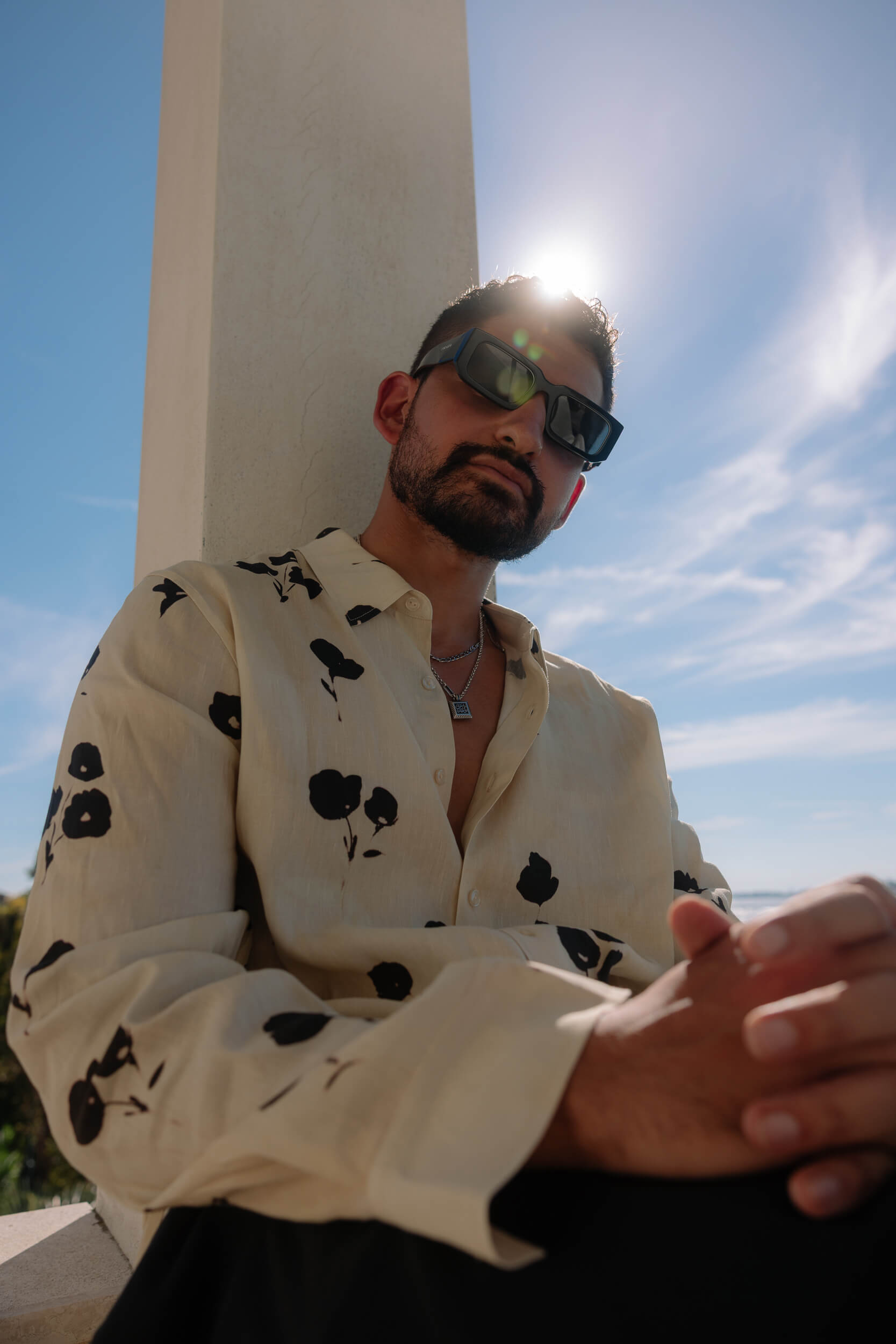
“…there are a lot of people who are probably harbouring a lot of emotions and mixed feelings that they can’t publicly express…”
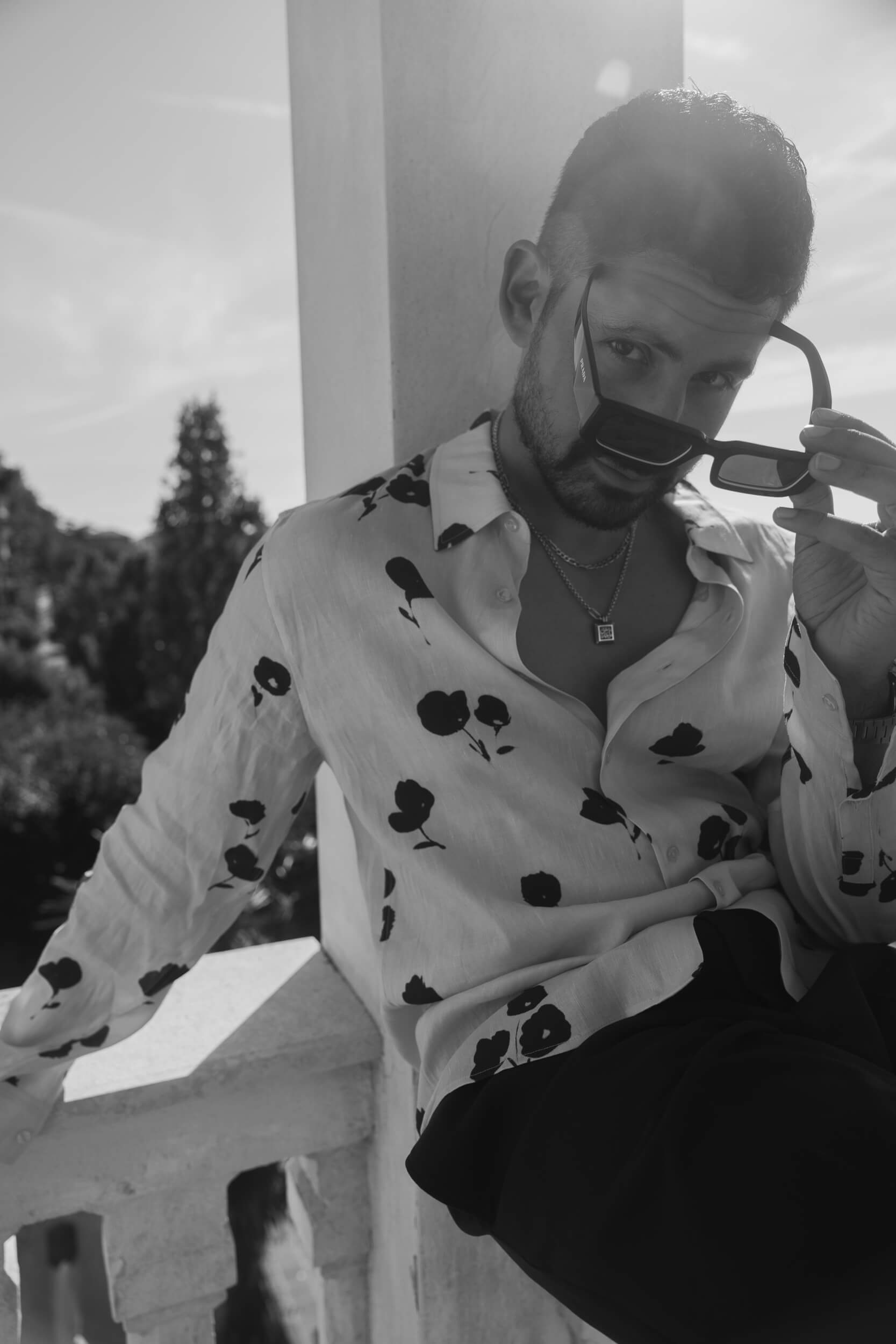
What did you discover about yourself that you hadn’t realize before while working on this project?
I learned I could be playful without intellectualizing everything. Also, logistically, we were confined to one set for the whole shoot, and, as cheesy as it sounds, I learned you can do a lot with so little around you, and that team managed to do that well with an amazing cast. They managed to make something work in about 21 days, they managed to film all these incredible actors in one space and with all their different schedules. This is achievable when you have good leadership, and that’s why I go back to say how incredible Julia is and the whole crew – they knew exactly what they were doing from day one. It’s amazing what your mind can do when it’s filled with adrenaline, and you know that you only have a few weeks to finish a film.
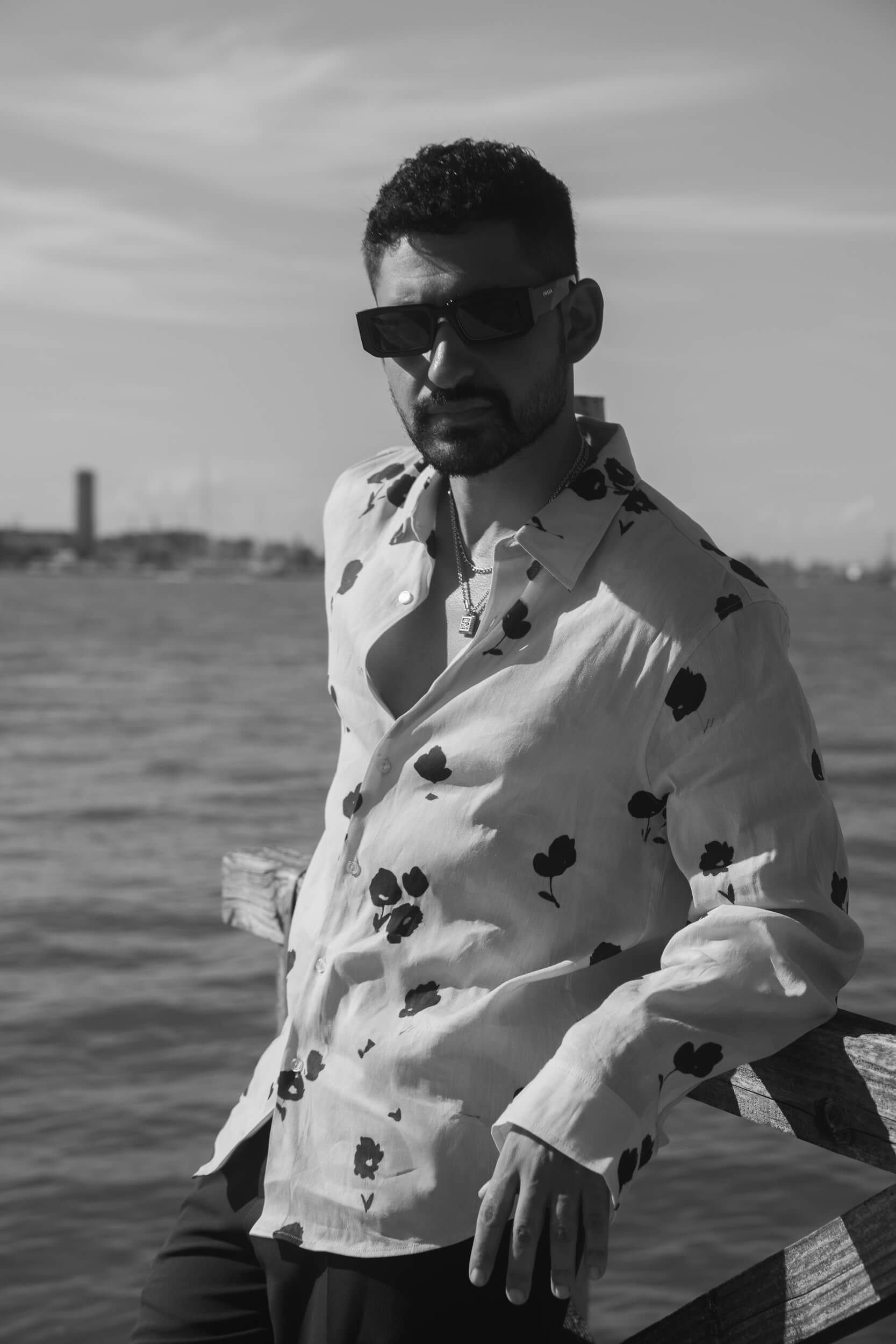
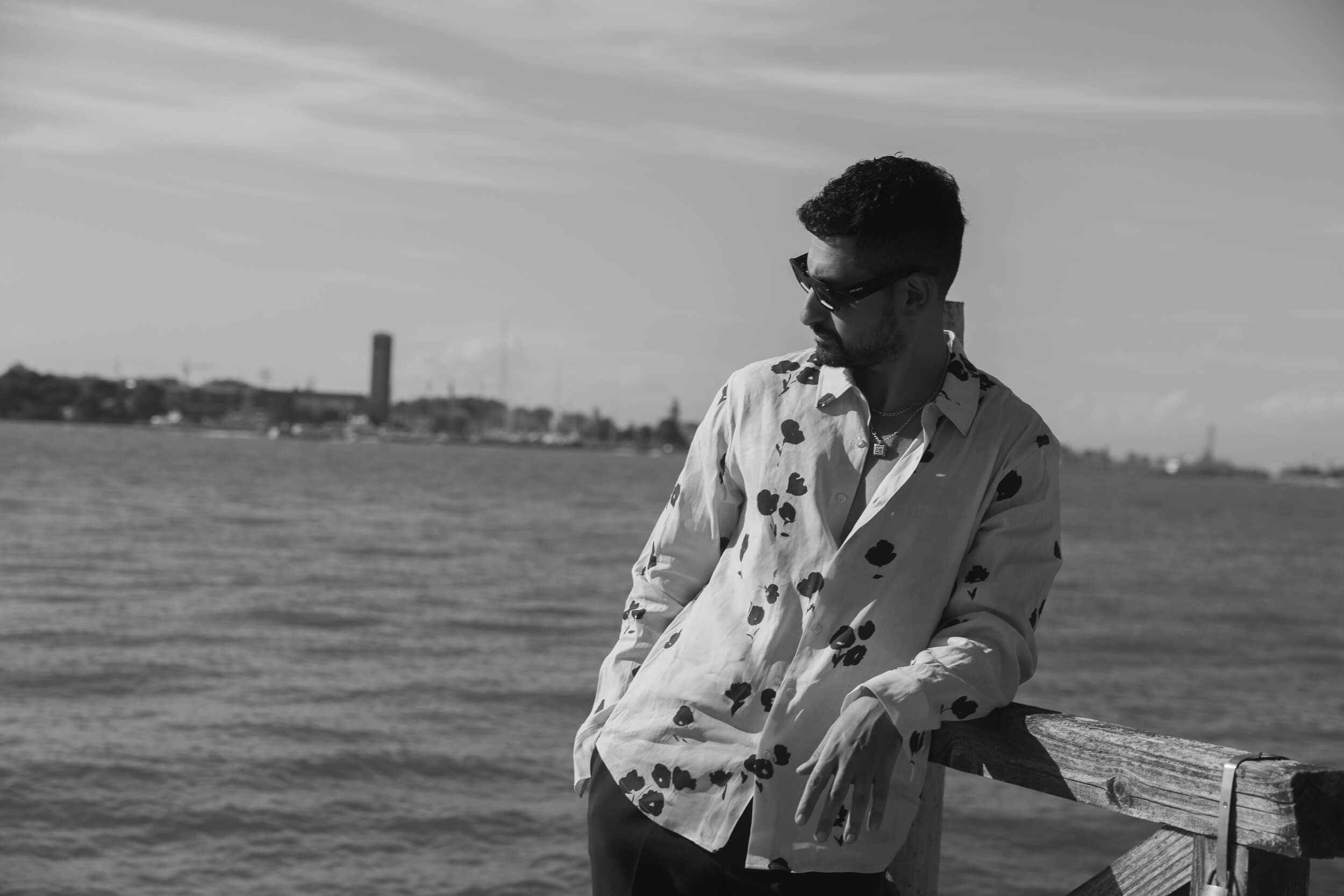
The last film or TV series you watched that particularly impressed you?
“Severance”, I was obsessed with it. It was a cerebral experience that got me really thinking about what we are, because we actually are two different people when we’re at work and when we’re at home – we always put on a performance regardless. That show had me frozen on my seat for days thinking about it, and I can’t wait for season 3.
Also, “The Studio”, incredible, a slapstick fun show where I feel like there’s an actor who’s just relished an opportunity to experiment and play with the styles of filmmaking.
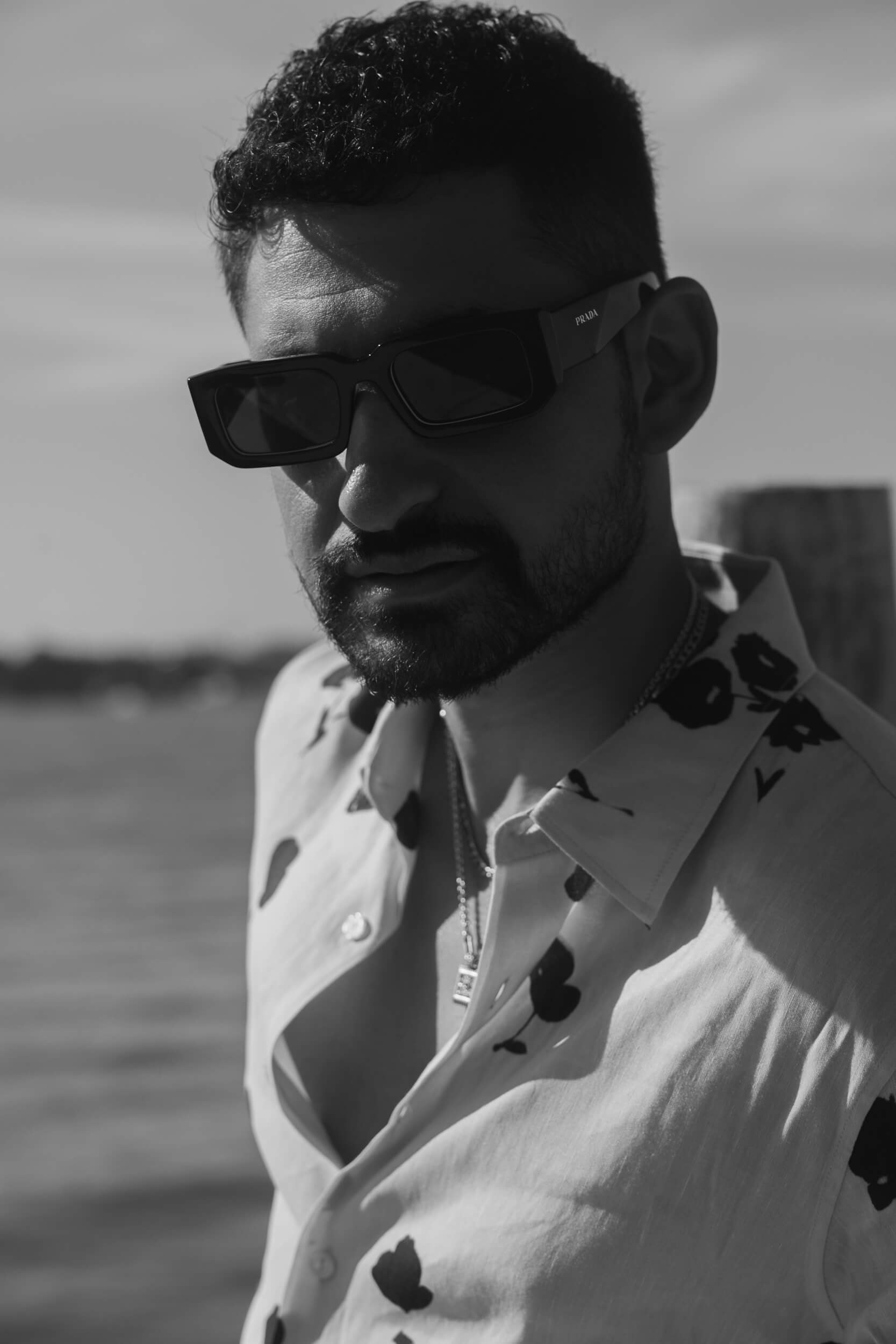
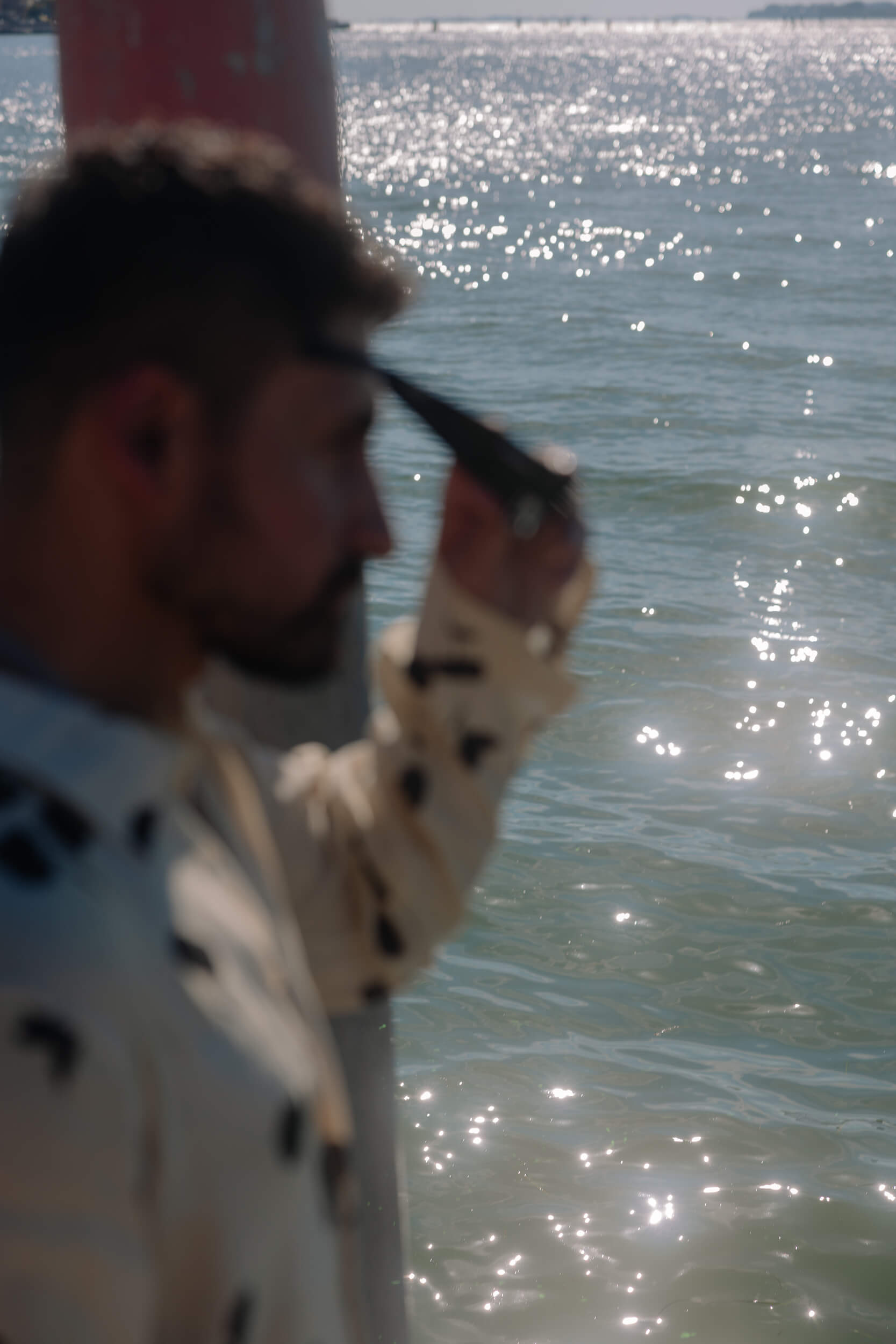
What does feeling comfortable in your own skin mean to you?
Great question. It means a lot of things. For example, having good people around me makes me feel comfortable in my skin. Actually, I think it’s about your nervous system, how you regulate it with what you put into your body, and what you surround yourself with, visually as well. I try to eat healthy as much as I can and work out a lot. I do anything that nourishes my body, I try to surround myself with good people, although it’s hard to be comfortable, to be honest. You know, if you think about the number of innocent children that have been slaughtered and killed it’s really hard to not feel helpless, guilty, useless. When those elements are happening, the very least you can do with yourself is to be able to feel comfortable to have uncomfortable conversations and to also have a lot of gratitude for being on the other side of all of this.
I think, with this project especially, I knew that they were like-minded people like me. I was lucky enough to spend a lot of time with Helen Simmons and Julia Jackman and see that our values are very much aligned, but I’m sure that everyone else in the cast and crew is, as well.
Comfortability is something that we take for granted, I think, and when we put things into perspective, we should be grateful for a lot more than we choose not to actually think about.
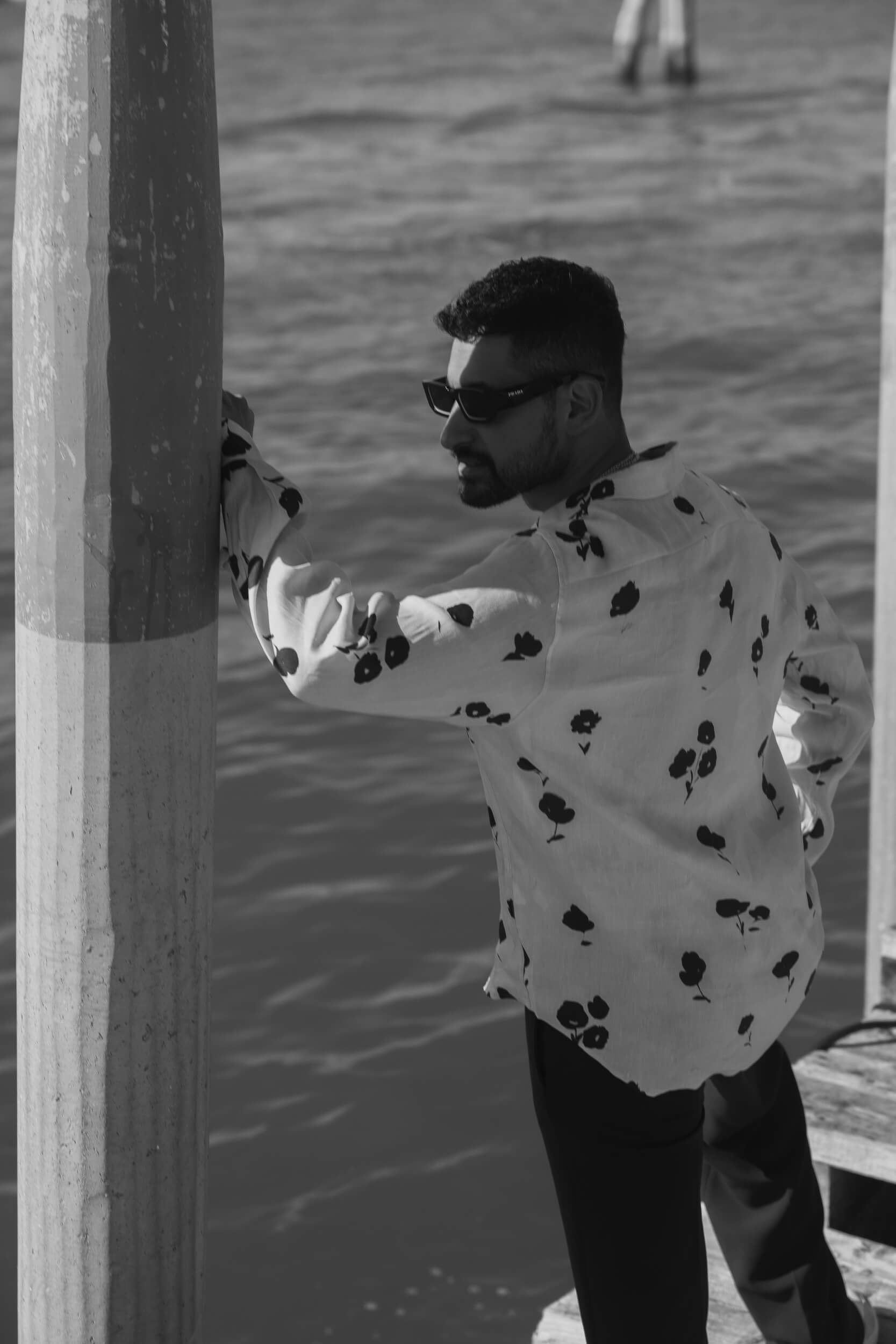
“…the very least you can do with yourself is to be able to feel comfortable to have uncomfortable conversations and to also have a lot of gratitude”
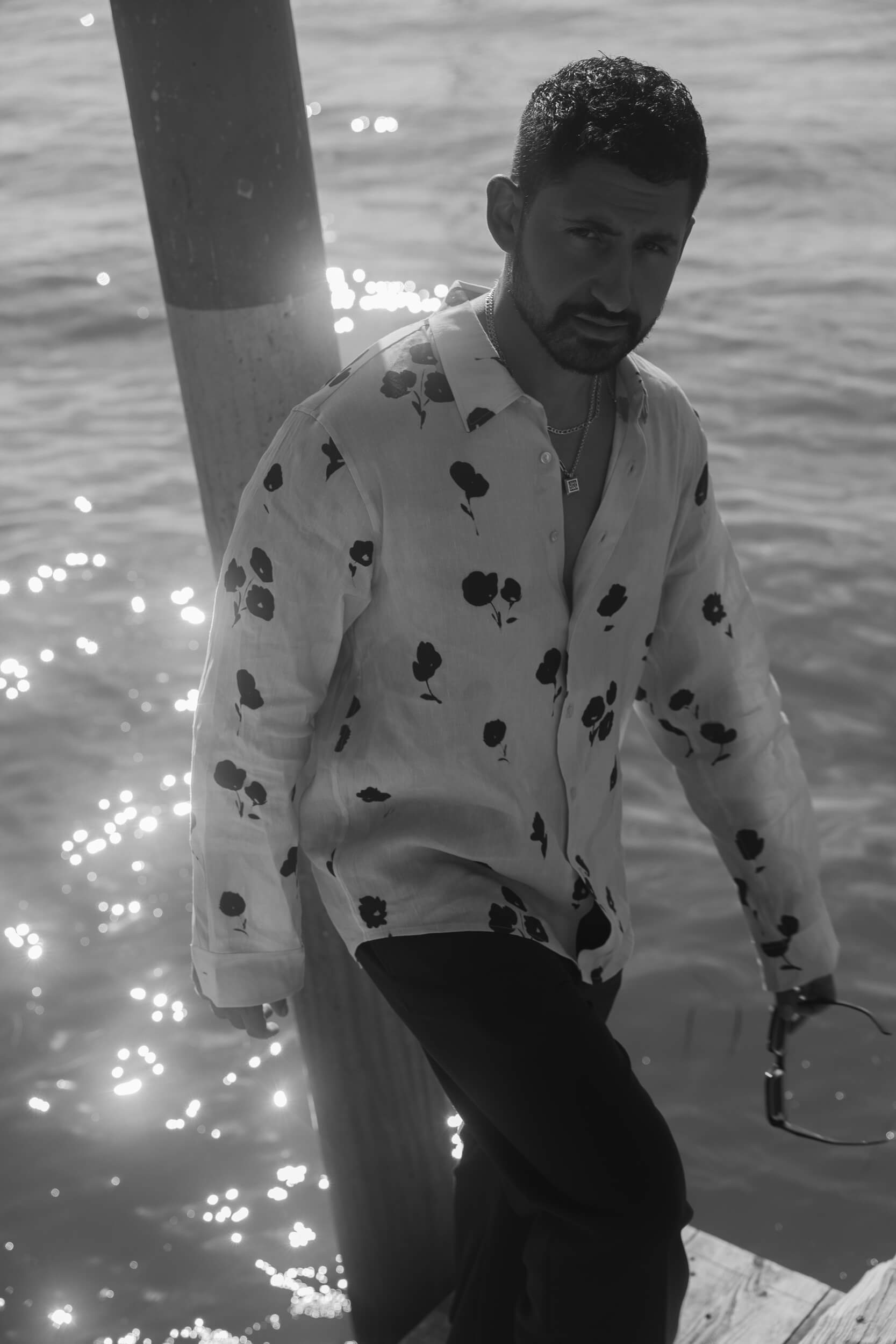
What is your happy place?
My happy place is the beach, being by the water. After filming non-stop, in August I was lucky enough to have a week break and I got to go to the North coast in Egypt. By the sea is the most peaceful place I could be, honestly.
